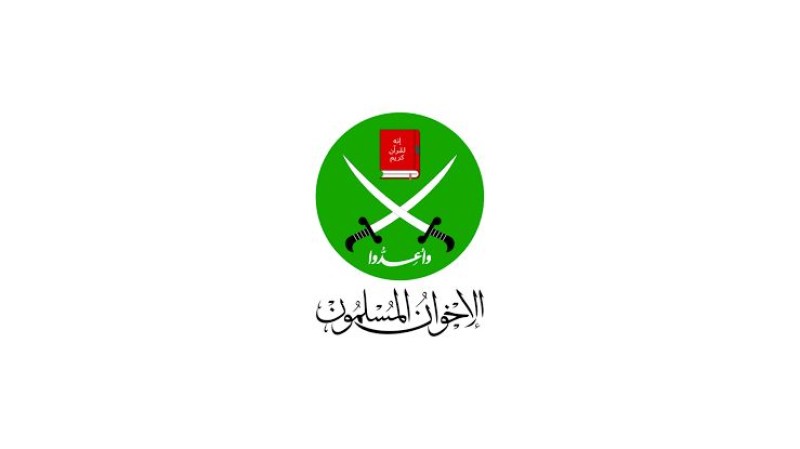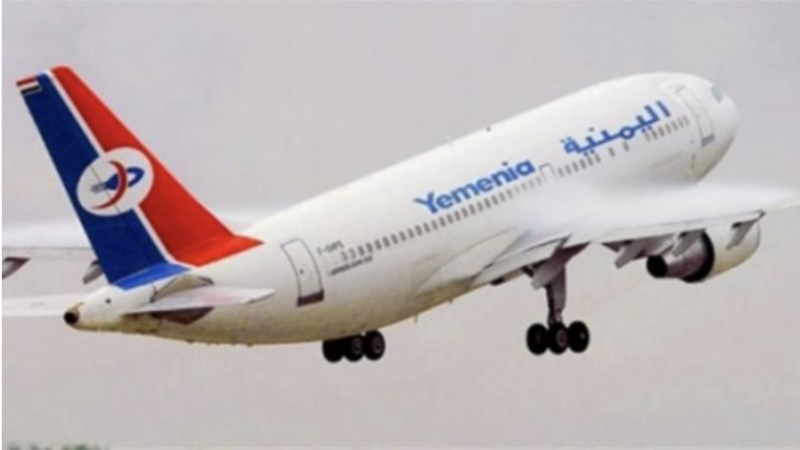The long road to finding true peace in Yemen


In April this year, just as the Saudi-led war in Yemen completed eight years, a diplomatic delegation from the kingdom reached Sanaa airport for talks with its Houthi enemies.
Some details of the talks soon became public: building on the year-long ceasefire, the two sides agreed to a six-month truce, to be followed by talks over three months to agree on a two-year “transition” period when the details of the Yemeni state that would emerge after the war would be finalised. The Houthis asked that the blockade of Sanaa airport and Hodeidah port be eased and the kingdom to pay the salaries from the country’s oil revenues.
An immediate exchange of prisoners was also agreed to.
Saudi Arabia, leading a coalition of some Arab forces, had initiated military operations on March 26, 2015, to prevent the Houthis, a Shia militia representing the marginalised Zaidi community and aligned with Iran, from taking control of Yemen, with which the kingdom shares a porous 1,400-km border.

Florida Governor Ron DeSantis has issued an executive order designating the Muslim Brotherhood and the Council on American-Islamic Relations (CAIR)…

Washington — The United States has recently witnessed a wave of controversy after federal authorities halted the granting of citizenship to s…

Aden --  Air traffic at Aden International Airport was suspended on Monday after several flights were canceled due to the absence of landing a…